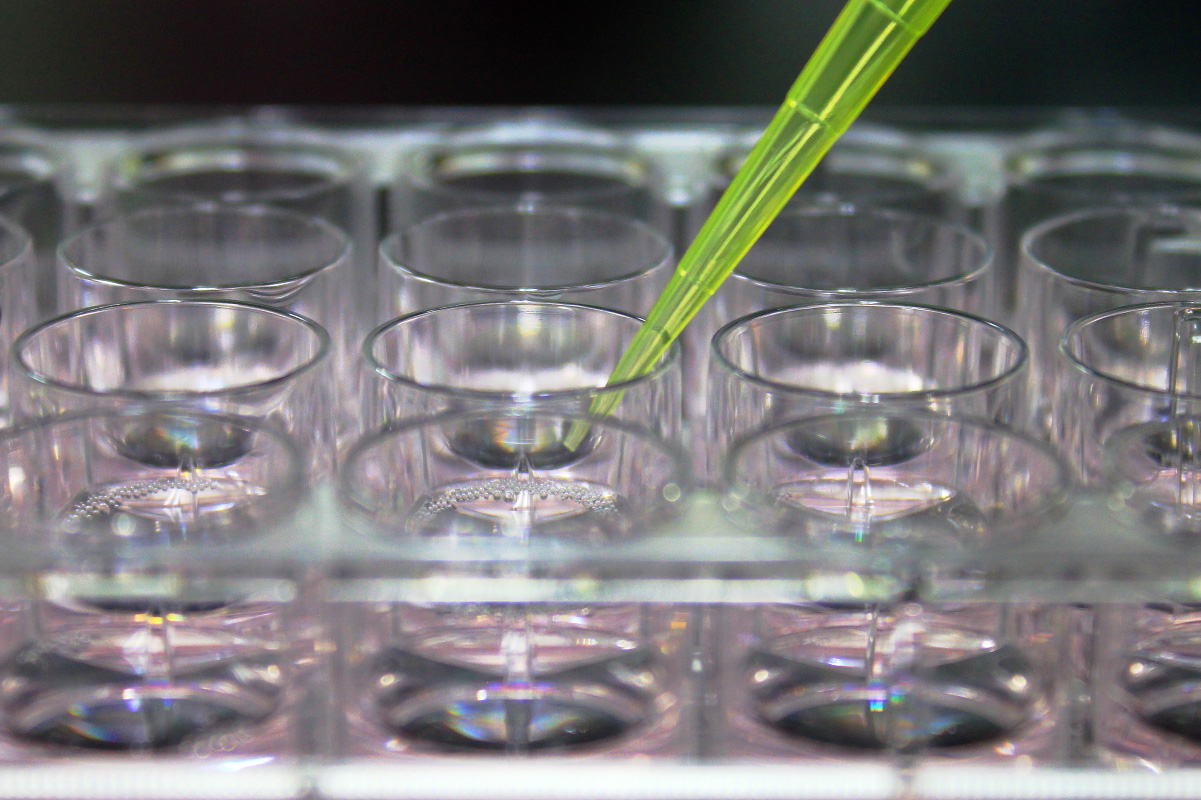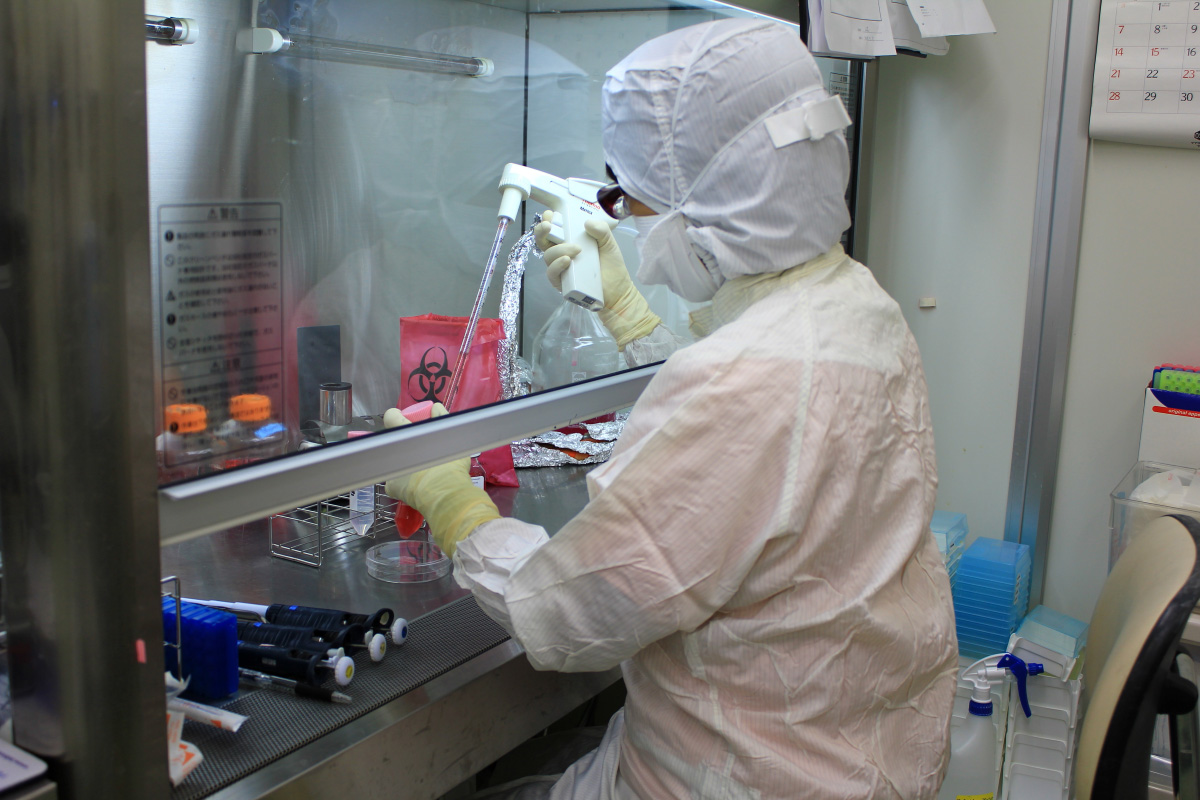

Japan's PhoenixBio leads pharmaceutical innovation with cutting-edge mice models boasting 90% human liver cells, helping redefine drug testing globally through a commitment to ethical practices.

In the fast-evolving landscape of pharmaceutical research and development, Japan-based company PhoenixBio is making waves with its groundbreaking contributions to the field. As a contract research organization (CRO), PhoenixBio specializes in providing state-of-the-art mice models with a remarkable 90% composition of human liver cells, setting a global standard for preclinical drug testing.
“This significant proportion of human liver cells distinguishes our product from others, and we take pride in being the only company with such a unique offering,” says Takashi Shimada, President of PhoenixBio.
Over the past two decades, PhoenixBio has achieved this remarkable feat via a journey marked by strategic investments and infrastructure development. “Around 20 years ago, we achieved a significant milestone by replacing the organ with human cells, reaching high success rates,” explains Mr. Shimada.
“However, to meet the requirements of pharmaceutical companies for proper testing, we had to provide them with a consistent batch of 20-30 animals with unified quality. This led us to establish a facility capable of producing around 4,000 mice annually, which involved substantial investments in both infrastructure and skilled manpower.”

The uncertainty surrounding the potential market demand made Shimada apprehensive about the venture, he says. Nevertheless, the company proceeded with the development of its chimeric PXB-mice, which have proven to be invaluable in predicting human body responses and assessing the efficacy of new medications that have not yet reached the market. Consequently, its mice are primarily used for testing drugs under development.
Today, the company’s diverse application of mice models range from combating hepatitis and nonalcoholic steatohepatitis to gene-based therapeutics and transplantation. Shimada asserts, "the most significant aspect of our mice is their possession of human liver cells," making them invaluable for drug metabolism and pharmacokinetics studies. With a focus on international collaboration, PhoenixBio actively engages with researchers and institutes globally, particularly in Europe and the United States.
“With a subsidiary in New York City, our fundamental approach remains unchanged,” says Mr. Shimada. “Our focus is well-defined with gene-based therapeutics, viral hepatitis, and NASH being our primary targets. Each of these areas has its own academic community, and we actively participate in relevant academic sessions, engaging with researchers and introducing our products.”
Addressing the hot topic of bioethics, Shimada also discusses the ongoing trend to reduce animal testing and the introduction of PXB-cells as a substrate for cultivating cells. While acknowledging the shift, he emphasizes the complexity of completely eliminating animal testing, stating: "Ensuring the safety and effectiveness of medicines requires thorough validation, which is difficult to achieve without animal testing."

Going forward, PhoenixBio's international strategy is to enter the European and Chinese markets via two distinct approaches: collaborating with CROs and potential partnerships with specialized sales firms to efficiently reach a wider range of clients. And with already a strong presence in North America, PhoenixBio is also considering expanding its production lines in Canada to better serve the U.S. market.
Shimada envisions this continued growth by increasing mouse production and finding new customers with a simple yet effective business model that revolves around expanding production capacity to meet the demands of an ever-growing client base.
“We may be categorized as a biotech startup, but at our core, we are primarily a manufacturing company, and our main product happens to be mice,” says Mr. Shimada. “Our business model is simple: the more mice we produce, the more we sell. With our production capacity now operating at full capacity, our next step is to increase mouse production further, but this expansion requires finding new customers to purchase these mice. Our growth strategy is founded on the basic principle of producing more to sell more.”
As PhoenixBio continues to push the boundaries of preclinical drug testing, its unique mice models stand as a testament to innovation in the pharmaceutical industry. With an eye on international markets and a commitment to ethical practices, the company's journey promises to be a compelling narrative in the years to come.
0 COMMENTS